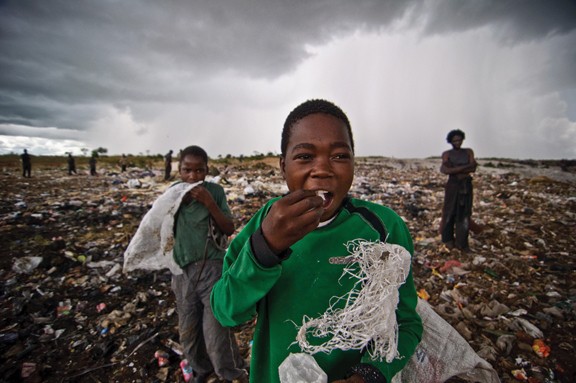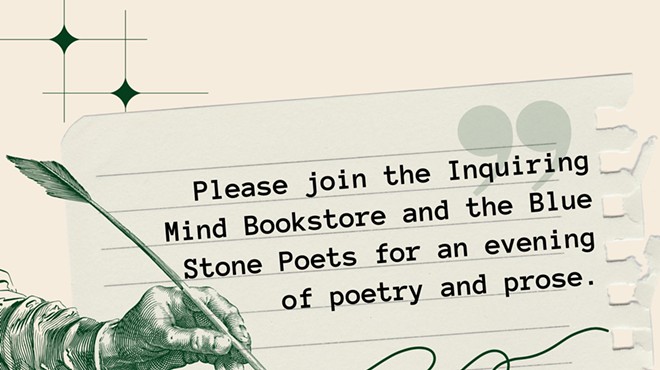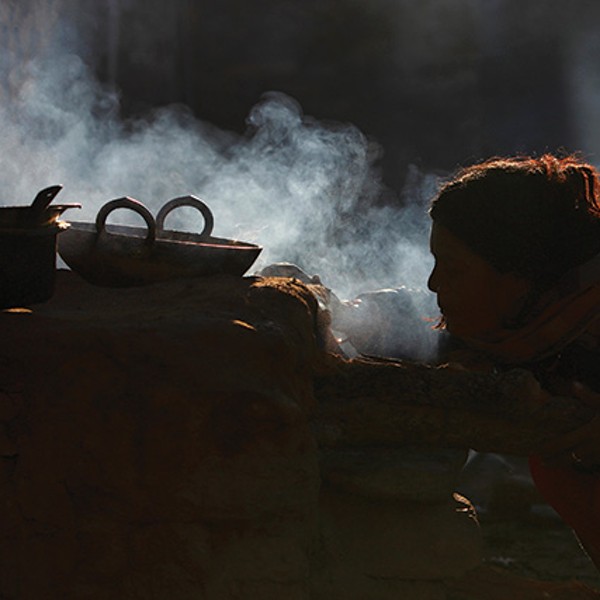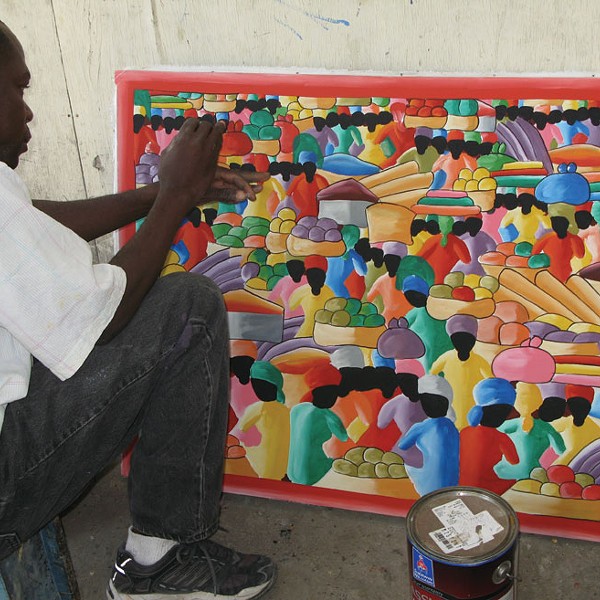Haiti, Darfur, the Asian Tsunami of 2004, Katrina, the trafficking of human beings across foreign borders, coups, wars, and other horrors. We are taken to these places and shown inside views of these events by the photographs and videos captured by others. These images force us to take notice, become aware, pay attention to things we would rather not know existed. Who are these people who can stand amid such death and brutality and still maintain the presence of mind required to take the shot? Tim Freccia is one of those people. He began his career in Haiti, shortly after graduating from art school. Freccia has worked for USAID, PBS, CARE, Human Rights Watch, among others, and his work has been featured in such print publications as the New York Times and Business Week among others. Senior editor Lorna Tychostup interviewed freelance photographer/videographer Tim Freccia several days after his return from Haiti and hours before his departure for Mogadishu via Skype from Germany. The exchange is interspersed with excerpts from Freccia’s diary. Portfolio: www.timfreccia.com
December: I arrived in Potsdam just in time for my 11-year-old daughter’s birthday and I’ve been drinking, eating, sleeping since. Came out of two weeks in Mogadishu to meet the Weinachtsmann
[Santa Claus], see the magic in my children’s eyes, and reconnect with the wife who carries on valiantly holding together a family home that’s usually missing one member. This year is tight—my children got less for Christmas than years before. An iPod for my daughter and a camera for my seven-year-old son. I see the pride as he opens his present—he’s said he wants to be a photojournalist when he grows up. I don’t know how to explain to him that I carry the souls of dead people with me.13 January: Holiday is getting long now. Dominic, my comrade in crisis and conflict says, “Days, and counting...” I’m due in Mogadishu next week and starting to detach. Can’t sleep, haven’t been able to sleep for days…for years. Dominic Skypes me: “Hey—how do I get to Haiti?” “Why would you want to go to Haiti?” He says, “Look at the wire.”
What countries have you been in and what have you covered?
I’ve been covering conflict and crisis for 25 years with breaks in between. I got serious about it again with the tsunami in 2004. As with Haiti, I arrived within the first few days and covered the tsunami for 10 months. My wife left me in the middle of it—we were talking, but my son had learned to walk and talk while I was away. So, I took 2006 off—spent the year reconnecting with my kids and trying to salvage the failed marriage. In 2007, I started getting itchy and a guy talked me into coming on as creative director for a startup media outlet. But less than six months into it I snuck off to Pakistan for a few weeks to do post-earthquake follow-up. He said, “You can’t go, we really need you here.” I said, “No, you don’t. This thing is already up and running. There’s nothing for me to do.” Sure enough when I got back they didn’t need me and I started migrating back into this again.
My next big story was child trafficking—Cambodia to Thailand—wild stuff. There’s a big casino complex in Poipet—a one horse, dirt road town on the border with a mega-big, modern casino complex. Asians go there to gamble and child trafficking is rampant. I got an amazing hidden identity interview with a Cambodian border official who stated, “Actually my commander’s involved.” Then I got an interview with his commander, on camera, saying, “There’s no trafficking here.”
After that I went home for a week. I had been pitching a story on security contractors. Not typical Blackwater guys—but a look at the other side. A German friend—a very quiet, sensitive dude—is a security contractor. He’s worked everywhere, seen everything, was based in Nairobi and had just taken a contract in Somalia. So, I went down there to start with him. Two days before I arrived four guys under his command were killed and the story got called off.
Since the last part of 2008 I’ve been migrating—based in Nairobi and commuting to Germany. But I’ve missed wedding anniversaries and birthdays. November 2009 I made my first trip to Mogadishu and got some really good photographs—everyone was talking about them so I decided to go back in one more time before going to Germany for Christmas. The second trip, I contacted the Transitional Federal Government military and asked to live with them. They agreed and that’s when I got these portraits of the president.
How is it to live these two separate, very different lives switching between your home and working in these conflict and crisis zones?
It’s exhausting. For example, Stefanie and the kids were supposed to move to Nairobi a month ago— meanwhile I packed up and took off for Haiti. They put everything on hold and have their bags packed ready to go. Stefanie is determined to move. It makes more sense economically and I’ll be able to spend more time with them. I guess my kids are used to it, but that doesn’t make it necessarily healthy, and it’s painful to see how hard this is on Stefanie. How do I switch on and off? There’s this switch off. I have to, otherwise I’d be a mess. Stefanie’s booked plane tickets with a March 7 arrival in Nairobi. But then everything went off in Mogadishu and so I’m scrambling to get there. When I told her, “I’m going to Mogadishu and be back in time to meet you Nairobi,” it made her really nervous because they don’t have a place to live. So, that’s a little edgy right now. But I promised her and it makes sense to me to go in now for a week, get out, and be in Nairobi to help settle them in.
Dominican Republic/Haiti
January 14: Santo Domingo. It’s an NGO circus: branded vests, half shaven men in cargo pants and women with braids and scarves—the bigger scarves indicate more time in the field—we all give each other the nod. We’re heading to the same place.
January 15: We drive to the Haitian border. As we approach Port au Prince, we start to see the signs of the disaster—demolished buildings, people with their remaining belongings on their heads, walking in a daze—everyone’s in shock. Chaos reigns in the city. Traffic jammed with motorists rushing for any remaining available fuel. It’s like a nuclear device has gone off. All the buildings are pancaked, four-day-old bodies burning in the street, I keep a careful eye on armed groups of men prowling for loot, and find a baby’s corpse in a pile of garbage. I photograph it, though I know it’ll never run. I think of my own children for a moment—then turn that off. I’m here to do the only work I know. The smell of corpses is one that you never forget; it permeates the air. Sickly sweet, I know it will take months for the smell to go away, and again, I turn off.
How does the “turn off” mechanism work?
When people ask, “How do you do this?” I blow it off. I turn off a switch when I’m working—self-preservation. If I stopped and spent too much time thinking about it—“it” is horrific shit—I wouldn’t be able to work. The smell thing: when you smell a dead body, the smell sticks with you forever and tends to pop up at the most bizarre times and places—in a department store’s sock department, for instance. Coming into Haiti that first day I walked into a garage that was chock full of corpses. It was hot so they were bloated and flies were everywhere—and the smell. But the light was really good and I knew I had to photograph it. There was that basic human instinct to throw up and get the fuck out. I just turn it off. I have to. Seeing a mushed up baby—you can’t sit there and contemplate too much. It’s the only way to work. The interesting question is: How do you turn that back on again?
Can you turn it back on?
I don’t know, I mean I went swimming with my son the other day and we had a great time. I just don’t know.
Are you able to be present when you are home?
It takes a while. I walk around in a daze for about a week. Then I re-center. After Haiti I was physically and mentally exhausted. It always takes some days to come down. It’s difficult. I’ve got this family who’s been sitting waiting for months to see me, then I show up and I’m not really present.
You wrote, “Well, the holiday’s gotten long,” signaling it was time to leave.
Exactly. I can’t wait to get out and back to work. There’s this compulsion—to do more, do better professionally. You’re as good as your last photograph.
January 25: When I’m able to get a signal and get through, I’m bombarded with requests from clients. It’s hard to explain to them that just getting through the city is a war—I don’t have the time to communicate this. I shoot, edit, and file as much as I can, while I search for electricity, even a place to sit and work for a few minutes. I’m not on a big budget, so the $1,000-per-night rooms are not an option. Besides, the big TV networks have blocked out most of the hotels in town.
How difficult is it to sell your work?
I shot good stuff in Haiti. Not a lot of it got published and that pissed me off. Everybody and their dog went to Haiti. The regular crew of rockstar photographers showed up. There was one guy—a self-proclaimed war photographer who’s really an egomaniac trying to build up a big brand around himself. He threw up a post on Lightstalkers.com offering $4,000 workshops on how to shoot in Haiti. The backlash was incredible and he removed the post. Another great photographer who cracked was auctioning prints from Haiti, which is pushing the limit. Me? I’m a bit frustrated. My friend Dominic, another great photographer who got in with the Wall Street Journal, did brilliant work and got a lot of attention. I’m in a hurry to get to Mogadishu so I can redeem myself.
You’ve seen many different situations and issues from a bird’s-eye perspective. What is one issue that really stands out?
One troubling thing is how the humanitarian relief and development industry is exploding into a huge business. How I feed my family comes from doing work for NGOs and I’m not so sure how good I feel about that anymore. A couple weeks ago I had to buy a motorcycle in Port Au Prince because you couldn’t get through town because of huge, hours-long, gridlocked traffic jams of white Landcruisers with one white guy driving. Literally. Then there are the tiffs between NGOs. In Congo, I actually saw NGO guys pushing each other around, arguing over jurisdiction of a group of internally displaced people—as the poor Congolese were watching!
Post 9/11 the industry itself, the desperation of the Western world, this whole war on terror thing is great—the perfect threat. People want to have their iPhones but at the same time say, “I don’t want some terrorist to blow himself up.” Yet, there’s a positive aspect—people are paying attention. Haiti’s been miserable forever and nobody paid any attention. Ever. What was troubling was to see the drain relief industry personnel put on resources. It became “their” emergency disaster, highly personalized while a whole nation of people are completely fucked. It was infuriating. The NGOs are focusing on getting on the ground, distributing relief, and dropping tents in Port Au Prince. The rainy season is coming. Most of the buildings in Pétionville, the hill towering over Port Au Prince proper, are teetering. Chances are they could come sliding down, killing millions of survivors who should be moved out of the city into camps—because it’s going to be a long-term recovery. There hasn’t been enough of a focus on the potential for huge outbreaks of illness, dysentery, malaria, and infection—the potential for a knock-on disaster, thousands of people living in real squalor in a decimated city that needs to be totally leveled and rebuilt.
At one point I was a furniture designer. I can do all kinds of things. Over a decade I spun off into something that’s just not me and around 2005 I decided I’m mortal. I have an ability that not everybody has and I’m compelled to use it while I can. But, to be honest, there is addiction in it. To go from this to weddings or studio portraits—I can’t see it. But there is a limit. I mean, I can’t do this forever.

















